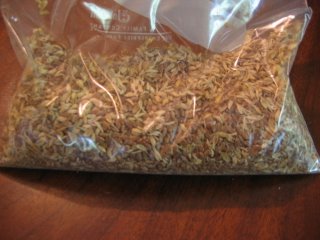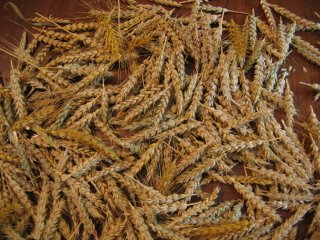Deeper than grain
In the city... Grow an organic garden on part of that manicured lawn. Plant trees that offer their fruit to children walking by on the sidewalk. Learn to save seeds and trade them with your neighbors. Hold weekly food swap meets on the street where people can exchange cukes for radishes if they please. Lets celebrate the social power of food. The social component of food is stolen by the homogenization and uniformity of 'super' markets- take it back. The trucks that feast on oil will soon sit idle and with that will come the gradual loss of fresh food. Lets start making preparations....
1)Begin to understand that humans are do not have free reign to destroy or deplete the habitat and homes of animals and plants to gratify their selfish desires.
2) Understand that paying more for organic food is only a short term monetary sacrifice and casts your vote for healthy farming practices. Better yet, save some money where you can and learn to grow your own.
3) Accept that farming practices impact heavily on the surrounding ecology. Farms are not 'sealed off' from forests and rivers- they are a component of a complex and living system that requires respect and balance. Bugs and birds are part of farming ecology. It ought not be a pesticide war against them with the collateral damage forceably accepted by the surrounding life.
4) Understand that each area on the planet is unique in its own way. Geography, geology and hydrology are like fingerprints- they mold and form land into a distinct place. We have simply come to inhabit each place. Try to live with this in mind.
5) Never underestimate what you can do to offer alternatives to others. I knew nothing about growing wheat nor if it was even possible in this region. Now I have the potential to bake a loaf of bread from my garden. If even one person gives this a try, the education component of my experiment has succeded.
I'll get back to the bread now I promise.


